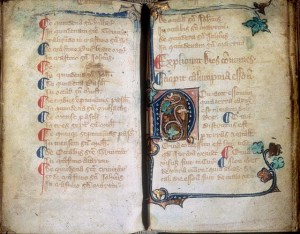 The bench of the Supreme Court of Canada – the only bilingual (English and French) and bijural (common law and civil law) supreme court in the world – currently includes three justices who were law graduates of McGill Law School, and the university’s Alumni blog recently published an interview with the three judges, Sheilah Martin, Mahmud Jamal and Nicholas Kasirer.
The bench of the Supreme Court of Canada – the only bilingual (English and French) and bijural (common law and civil law) supreme court in the world – currently includes three justices who were law graduates of McGill Law School, and the university’s Alumni blog recently published an interview with the three judges, Sheilah Martin, Mahmud Jamal and Nicholas Kasirer.
The Court works and decides cases in English and French, in all areas of law (such as family, criminal, and tax law).
The judges each give their own perspective on the job, and in particular how life at the Canadian Supreme Court differs from its American counterpart. Continue reading
 Yale Law School, through the lifelong learning platform Coursera, offers a comprehensive overview of contract law in the United States. Each lecture is based on one or more common law cases, integrating legal doctrines with policy discussions. The course also covers key sections from the Uniform Commercial Code (UCC), which governs the sale of goods.
Yale Law School, through the lifelong learning platform Coursera, offers a comprehensive overview of contract law in the United States. Each lecture is based on one or more common law cases, integrating legal doctrines with policy discussions. The course also covers key sections from the Uniform Commercial Code (UCC), which governs the sale of goods. 





You must be logged in to post a comment.